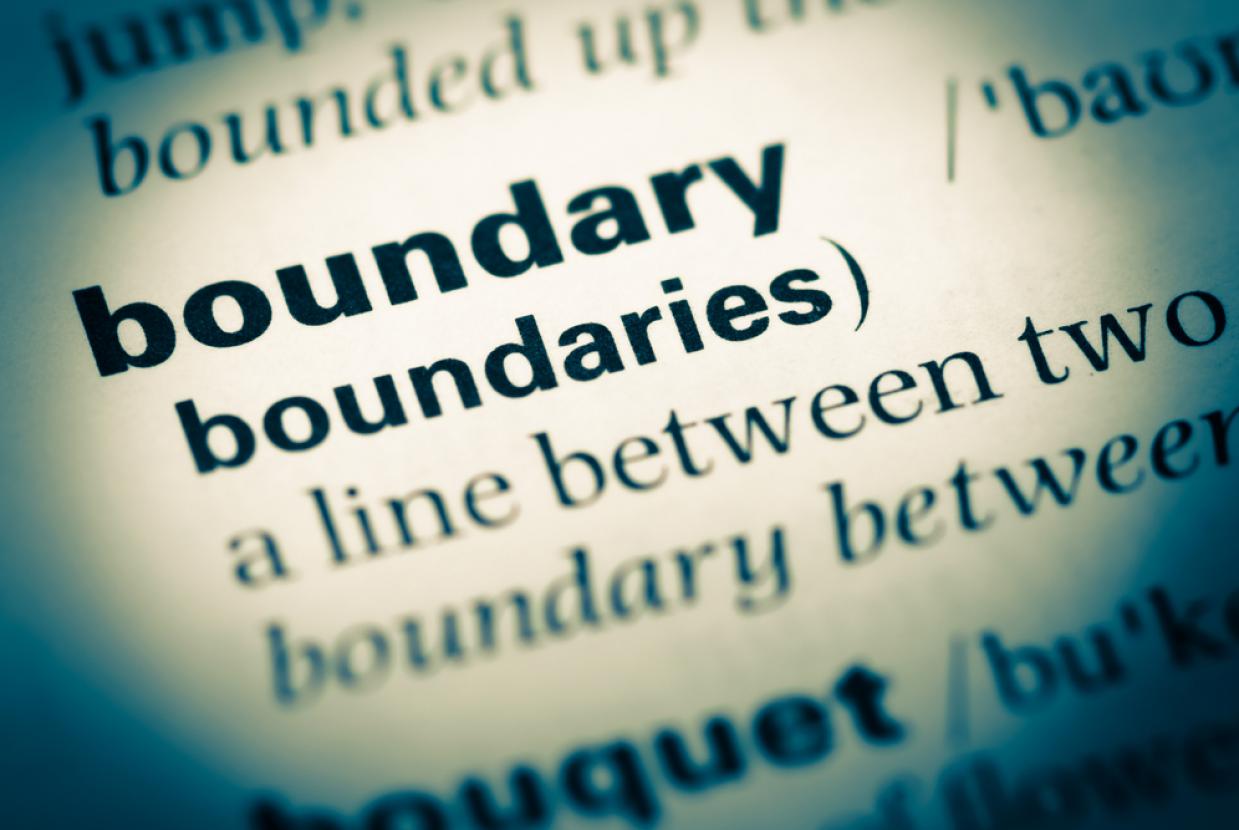Family Conflict
Family Conflict can cause unpleasant feelings for all of the parties involved, but conflict in families is completely normal and sometimes it can even be helpful where it allows us to communicate issues in order to move past them.
We are all human, we all have bad days and good days, but the key is to maintain effective communication to avoid unhelpful conflict. When we don’t communicate effectively, It’s not uncommon for an offhand remark to be taken personally and lead to an argument, and where this conflict is intense, frequent or poorly resolved it can be affect our relationship wellbeing.
Is Family Conflict Normal?
The frequency of conflict in a household will differ from family to family, as will the severity of the arguments, because we all handle things in different ways. The distinction between a ‘normal’ level of conflict and an ‘abnormal’ level of conflict is difficult to make because we all have varying degrees of what we consider to be normal. We know that not all conflict is bad – constructive conflict can be a positive tool for partners and families to address issues.
Despite some family conflict being helpful, evidence shows that it can have an impact on children’s wellbeing. When you find that you are arguing more and children are seeing it, make sure to let them know it’s not their fault. If family conflict becomes physical, it has escalated beyond a helpful level and you should seek support.
What Causes Family Conflict?
The root cause of family conflict may not be obvious at first, because many of us tend to bicker over trivial issues instead of dealing with the real problem that is actually bothering us. Finding the source of conflict is essential if you want to resolve and repair the relationship between family members. Common themes of conflict in families include:
Finances
Money worries or disagreements over finance is among the top causes of family disputes in the UK, with a fifth of families having significant disputes over money on a frequent basis. When couples first start living together, it is common for disputes to happen regarding who pays for what, and this is a normal adjustment period to work through. In well-established families, the stress that can accompany money worries can make disputes particularly explosive. Putting a plan in place together to manage your finances can be helpful way to manage financial stress and it’s impact on your relationships.
Family adjustments & life transitions
A change in the family dynamic can be difficult to get used to, and it’s common for this to lead to disputes. The arrival of a new baby, the incorporation of a stepchild or parent, the departure of an older child, or the death of a family member are all contributing factors to family conflict and relationship distress.
Work stress
If a family member is stressed at work, you may find that they bring this home with them, and the elevated stress levels can make arguments more likely. Work commitments can lead to a lack of time together (or apart), and it can be useful to make time to nourish your relationships, including your relationship with yourself, which is the most important one you have!
Extended family
At some point, most families experience what some may consider as ‘interference’ from extended family members, such as in-laws. Though it might be well-meaning, this can cause disagreements within the family that can be very difficult to resolve, since one, or more, members of the family may feel caught in the middle. Managing expectations with in-laws around contact and responsibilities can help with this.
Children & Differing Parenting Styles
Many parents disagree with each other over how to handle certain scenarios with children. Try to avoid always trying to be right, as that means your partner always has to be wrong. Instead, concentrate on finding a new way forward together.
Children’s behaviour issues may also put pressure on your family and cause arguments between family members. Remember that children’s wellbeing and life chances are affected by being exposed to arguments that are frequent, intense and poorly resolved – seek support if you are regularly having these types of arguments.
How to Cope with Unhelpful Family Conflict
Not all family conflicts will be problematic, and if handled correctly, they can actually help relationships to grow. Conflict can be necessary to create boundaries and to come to terms with what is expected within the relationship. It can be an opportunity to show children how to handle disagreements respectfully, and to prepare them from those they will experience in their later lives. The best way to handle an escalating argument will depend on a number of variables, and can include:
Time out
We can all say things we don’t mean in the heat of the moment, so in order to avoid escalating a conflict it can be a good idea to take some time out to think about how you want to react. Scotwork notes that “when emotions begin to boil in these situations it is often best to step away, cool down and think about your response.”
Counselling
If a conflict reaches a point where those involved can no longer navigate their way out of the problem, then seeking support from an expert relationship counsellor can be useful to guide dialogue in the right direction. Counselling together or alone may be beneficial.
Separation
Frequent, intense and poorly resolved conflict may signal that the relationship is unhelpful and this may be cause to end of the relationship and this might be the best solution for those involved. Poor quality relationships are worse for our health than none.


















